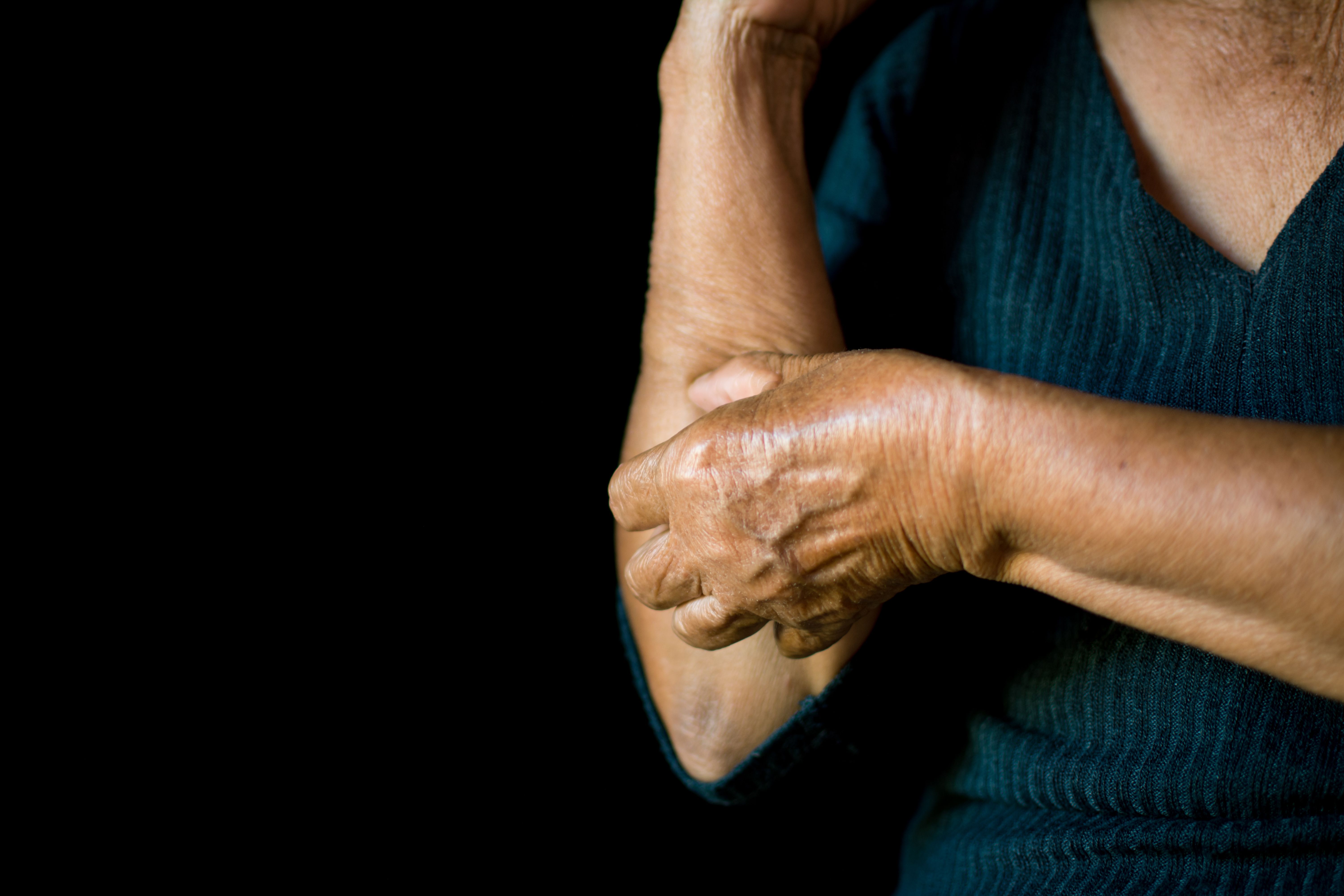- Case-Based Roundtable
- General Dermatology
- Eczema
- Chronic Hand Eczema
- Alopecia
- Aesthetics
- Vitiligo
- COVID-19
- Actinic Keratosis
- Precision Medicine and Biologics
- Rare Disease
- Wound Care
- Rosacea
- Psoriasis
- Psoriatic Arthritis
- Atopic Dermatitis
- Melasma
- NP and PA
- Skin Cancer
- Hidradenitis Suppurativa
- Drug Watch
- Pigmentary Disorders
- Acne
- Pediatric Dermatology
- Practice Management
- Prurigo Nodularis
- Buy-and-Bill
Article
No Differences in Severity or Treatment Among Racially Diverse Eczema Patients
Author(s):
In a diverse, urban cohort, researchers did not find discrepancies between disease severity or prescribed treatment.
The severity of disease and type of treatment did not significantly vary between atopic dermatitis patients of a diverse cohort, according to a poster presented at the 2023 Revolutionizing Atopic Dermatitis Conference in Washington, DC.1
sawitreelyaon/AdobeStock

In the study, researchers sought to assess potential differences in disease severity and prescribed treatments among patients of varying races and ethnicities. They cited prior studies demonstrating differences and patterns, though they noted it is unclear whether these previous findings are due to disparities or characteristics of the disease.
They conducted a retrospective, observational study at a single medical center location. Patients (n=833) were selected for study participation if they had been diagnosed with atopic dermatitis by a physician, as identified by Hanifin-Rajka criteria, and if they were patients of the large medical care center which served as the site of the study.
Furthermore, researchers reviewed medical records for several factors, including disease severity, ethnicity, race, and use of atopic dermatitis therapies, including oral corticosteroids, GABAergics, immunosuppressants, NBUVB, or subcutaneous dupilumab. These included gabapentin,methylpredisolone, oral azthioprine, oral cyclosporine A, oral or subcutaneous methotrexate, oral mycophenolate mofetil, oral tacrolimus, prednisone, and pregabalin.
Of the 833 participants involved in the study, 48.9% were white, 36.9% were Black, 11.6% were Asian, 6.5% were Hispanic, and 2.6% were multiracial/other. Nearly 70% (n=68.4%) of participants were female, and participants covered a diverse range of age groups, from 0 years of age to greater than 50 years old with an average age of 44.4 years.
Researchers used generalized linear models to assess potential interactions of ethnicity or race with other factors, such as gender or age, in order to determine predictors of individual treatments.They also conducted Chi-square assessments to determine an association between disease severity and ethnicity or race.
As a result of the analysis, researchers found no differences in disease severity based on patients’ ethnicity or race. Additionally, they found that participants did not have notable differences in atopic dermatitis body surface area involvement between ethnic and racial groups.
While they determined that Asian and multiracial/other patients were more likely than their cohort counterparts to use topical calcineurin inhibitors (TCI), there were no interactions of race or ethnicity with gender or age.
“Overall AD [atopic dermatitis] severity and treatment did not differ between racial and ethnic groups in this diverse urban academic cohort,” study authors wrote.
Reference
- Sanfilippo E, Iyer S, Patel N, Silverberg J. Assessment of racial and ethnic differences of atopic dermatitis severity and treatment patterns in a diverse patient cohort in the United States. Poster presented at: 2023 Revolutionizing Atopic Dermatitis Conference; April 29-May 1, 2023; Washington, DC. https://djbpnesxepydt.cloudfront.net/radv/April2023/April-2023-Posters/431_Poster_Assessment-of-Racial-Dfferences_Sanfilippo-et-al_1682462290501.pdf
Newsletter
Like what you’re reading? Subscribe to Dermatology Times for weekly updates on therapies, innovations, and real-world practice tips.






